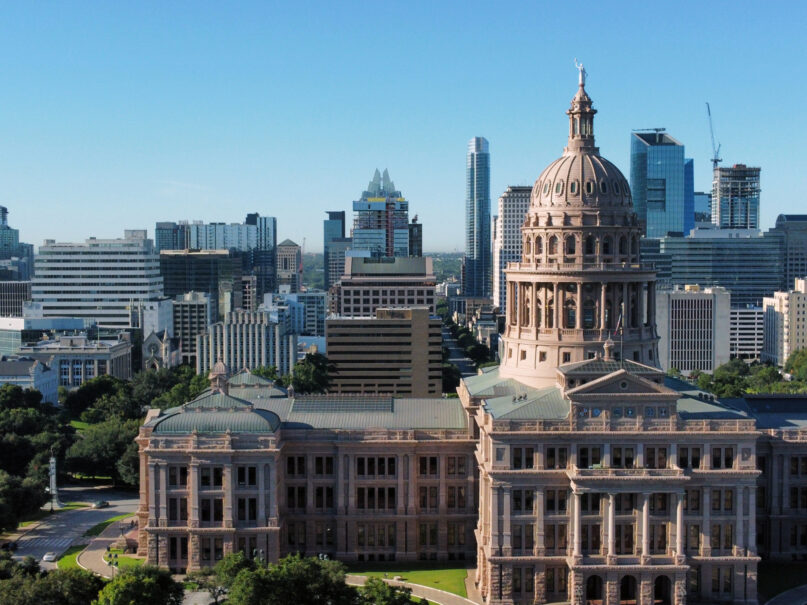(RNS) — Does it bother you that public schools in Texas will soon be able to support students by employing religious chaplains rather than licensed counselors?
If it doesn’t, read no further.
If it does, perhaps it would be of some some consolation if Senate Bill 763, which passed both houses of the Texas Legislature last week, required those school chaplains to have accreditation comparable to chaplains who work in prisons or the U.S. military.
Forget it. An amendment that would have put that requirement into the bill was rejected by the Republicans who control the Legislature.
What about preventing school chaplains from proselytizing or trying to convert students to another religion? Or requiring parental consent before a child receives counseling from a school chaplain? Or obliging schools to provide chaplains from any faith or denomination requested by students?
Nope, nope and nope. Amendments advocating for all those things failed as well.
To be sure, according to the bill’s House sponsor, school districts that choose to employ chaplains will be free to enact such requirements. But they also will be free not to.
So far as I can see, there will be nothing to prevent a Texas school district from hiring an array of Baptist ministers to serve as chaplains in each of its schools, and nothing to prevent said chaplains from urging any and all students who come for help to become Baptists. Nothing, that is, with the possible exception of the U.S. Constitution.
It seems that the solons in Austin were emboldened to push this legislation by recent decisions of the U.S. Supreme Court, most importantly last year’s Kennedy v. Bremerton School District, wherein the justices found that a football coach had the right to pray on the 50-yard line after games.
Or, as the conservative legal outfit Liberty Counsel put it in a press release supporting SB 763, “The First Amendment’s Establishment Clause, which prohibits the government from favoring one religion over another, provides no justification for suppressing Coach Joe Kennedy’s private, religious speech.”
But no matter what you think of the Bremerton decision, enabling school districts to hire chaplains protects nobody’s religious free exercise other than that of governmental bodies — which is precisely what’s meant by an establishment of religion. (What legitimates the employment of prison and military chaplains is that being in prison or the military restricts your access to religious resources, and therefore your right of free exercise.)
Long story short, it’s not Bremerton per se that opened the door for SB 763 but the apparent readiness of the conservative supermajority on the Supreme Court to knock down existing barriers to religion in public life by any jurisprudential means available.
In this case the most radical available means has been proposed by Clarence Thomas. He would return to the era before the court’s 1947 Everson decision, which “incorporated” the establishment clause — i.e., made it applicable to the states through the due process clause of the 14th Amendment.
As Thomas wrote two decades ago in Elk Grove Unified School District v. Newdow, “I would take this opportunity to begin the process of rethinking the Establishment Clause. I would acknowledge that the Establishment Clause is a federalism provision, which, for this reason, resists incorporation.” Absent incorporation, states would be free to institute any religious establishment they like.
It’s hard to imagine the entire court going there. But then again, this court is singularly willing to overturn even long-standing and deeply ingrained precedent.






